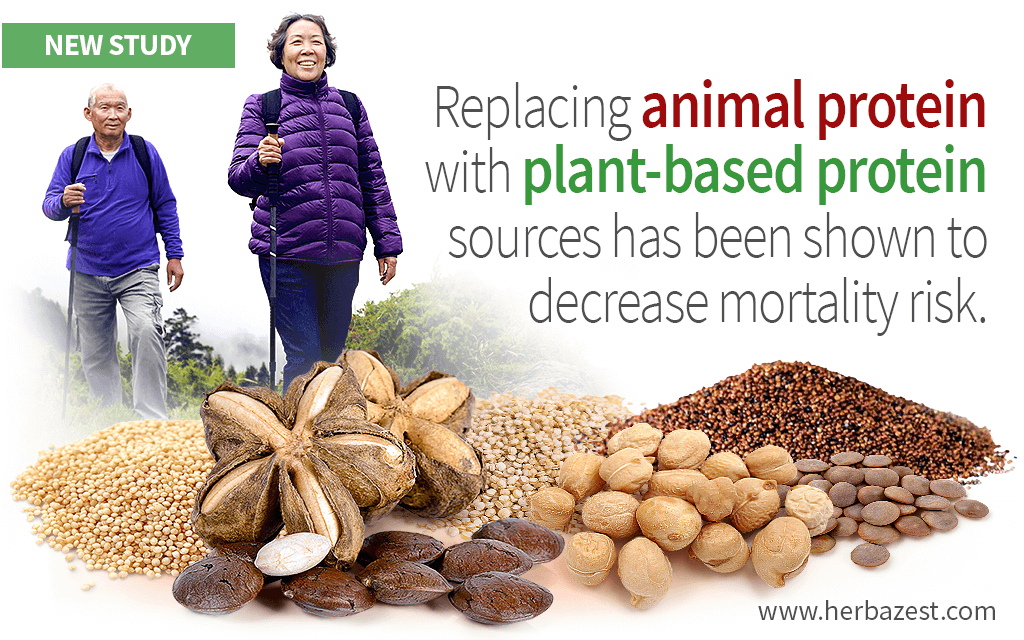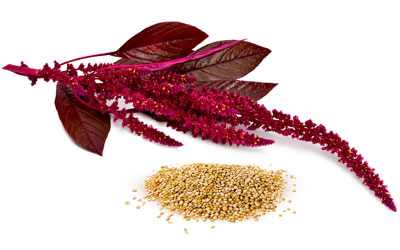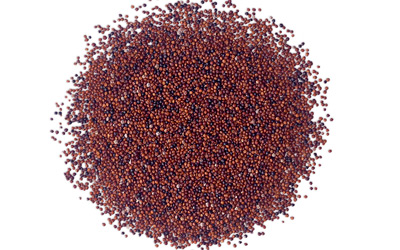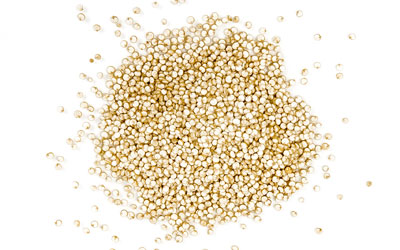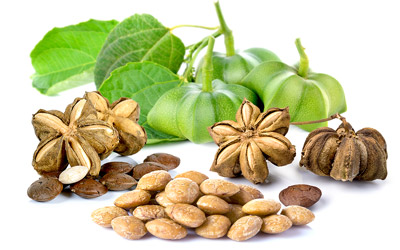Protein, a key macronutrient for the human diet, is built with amino acids. Most amino acids are made in the body, whereas nine (called essential amino acids) must be obtained from food. Adults are recommended to eat about 7 grams of protein per 20 pounds of body weight daily.1 However, when it comes to health and longevity, it's not only about the amount of protein we consume, but also its quality.
Whether a given food, both of animal or plant origin, is a good protein source depends on the number of essential amino acids it contains. All animal and some plant sources are “complete proteins,” meaning they contain all nine amino acids. Several studies have shown that humans can stay healthy on a vegan diet or cutting down on animal protein, mainly red and processed meat, to prevent cardiovascular disease and mortality.2,3
This study builds on previously published findings to further determine whether the choice of plant versus animal protein in a diet affects human mortality.
The Study
This long-term prospective cohort study was conducted by researchers at the National Cancer Institute of the National Institutes of Health (NIH) in Bethesda, Maryland. The results were published in the renowned JAMA Internal Medicine Journal (2020).
Researchers analyzed data on 237,036 men and 179,068 women collected over a period of 16 years, from 1995 to 2011, as part of the NIH-AARP Diet and Health Study. The average age among the participants was 62 years. Of all the participants, 78,000 passed away during the study period.
For reference, the NIH-AARP Diet and Health Study was aimed at investigating the relationship between diet and health for overall well-being.4 Information used in the study was obtained through mailed-in questionnaires regarding dietary practices and lifestyle.
The Results
It was observed that greater intake of plant-based protein was significantly associated with reduced overall mortality and cardiovascular disease mortality among both men and women.
The study found that a 3% energy replacement from animal protein sources with plant-based protein decreased the overall risk of death by 10%, and the mortality risk due to heart disease by 11% for men and 12% for women.
More specifically, it was also observed that replacing egg protein with that from plant sources resulted in the most significant decrease in mortality risk (24% for men and 21% for women), followed by red meat protein replacement with non-animal protein (a decrease of 13% for men and 15% for women).
What Does this Mean?
The findings of this comprehensive, long-term cohort study provide evidence that simple dietary modifications aimed at increasing plant-based protein can be a valuable approach to promoting health and longevity.
Interestingly, in order to reap the benefits of increased plant protein consumption, one can replace a relatively small portion of animal proteins, making it an easy and virtually effortless strategy for living a longer and healthier life.
To date, this is the longest and largest study ever conducted to widen the understanding of the relationship between health and dietary habits.
Some of the best plant-based protein sources worth adding to one's diet are sacha inchi, lentils, chickpeas, quinoa, amaranth, and kaniwa.
Sources
- JAMA Internal Medicine, ssociation Between Plant and Animal Protein Intake and Overall and Cause-Specific Mortality, 2020
Footnotes:
- Harvard T.H. Chan. (n.d.). Protein. Retrieved July 21, 2020 from https://www.hsph.harvard.edu/nutritionsource/what-should-you-eat/protein/
- JAMA Internal Medicine. (2019). Association of Animal and Plant Protein Intake with All-Cause and Cause-Specific Mortality in a Japanese Cohort. Retrieved July 21, 2020 from https://pubmed.ncbi.nlm.nih.gov/31682257/
- JAMA Internal Medicine. (2016). Association of Animal and Plant Protein Intake with All-Cause and Cause-Specific Mortality. Retrieved July 21, 2020 from https://jamanetwork.com/journals/jamainternalmedicine/fullarticle/2540540
- National Cancer Institute. (n.d.). NIH-AARP Diet and Health Study. Retrieved July 21, 2020 from https://dietandhealth.cancer.gov/index.html
